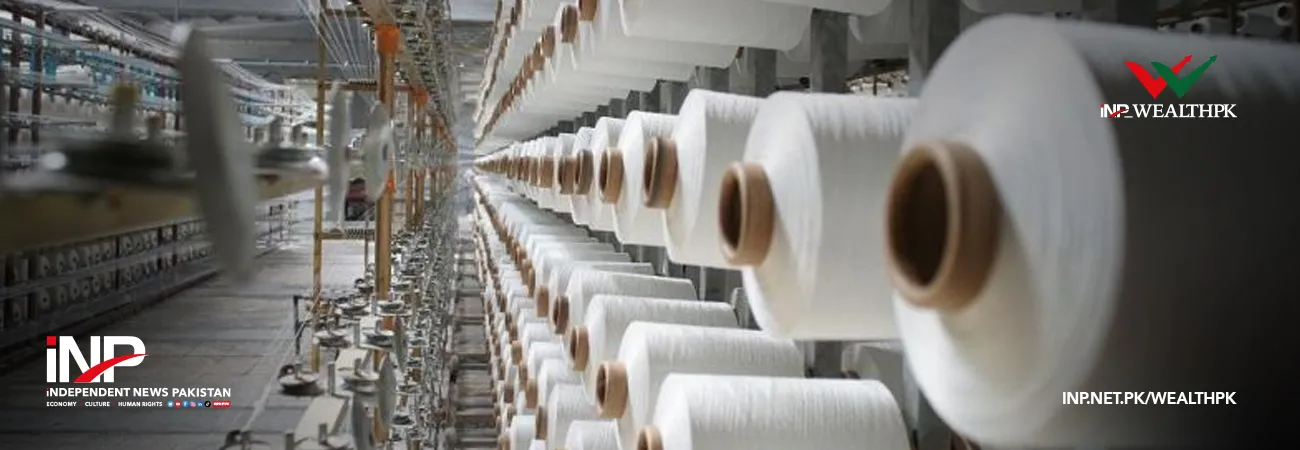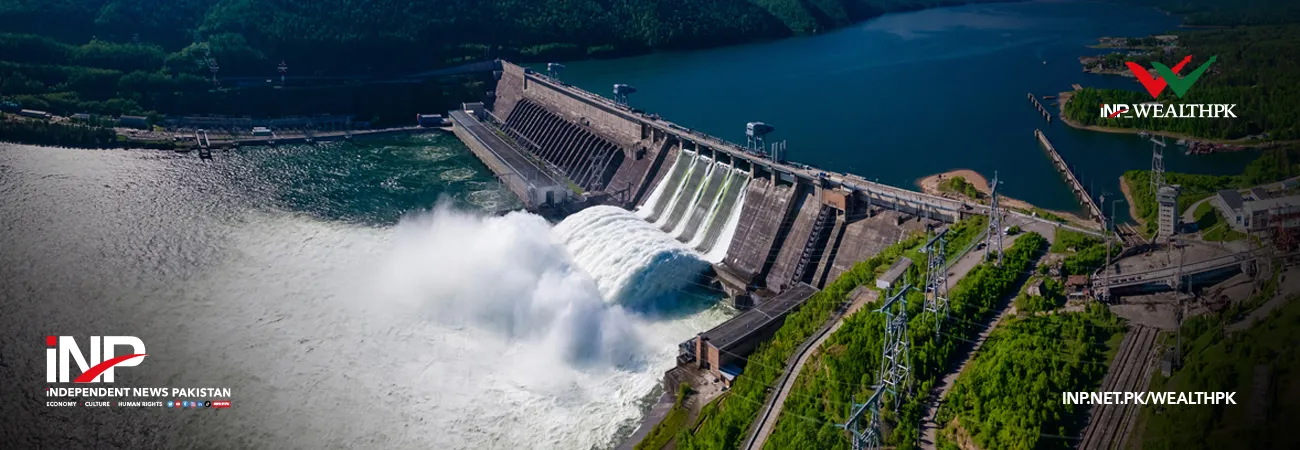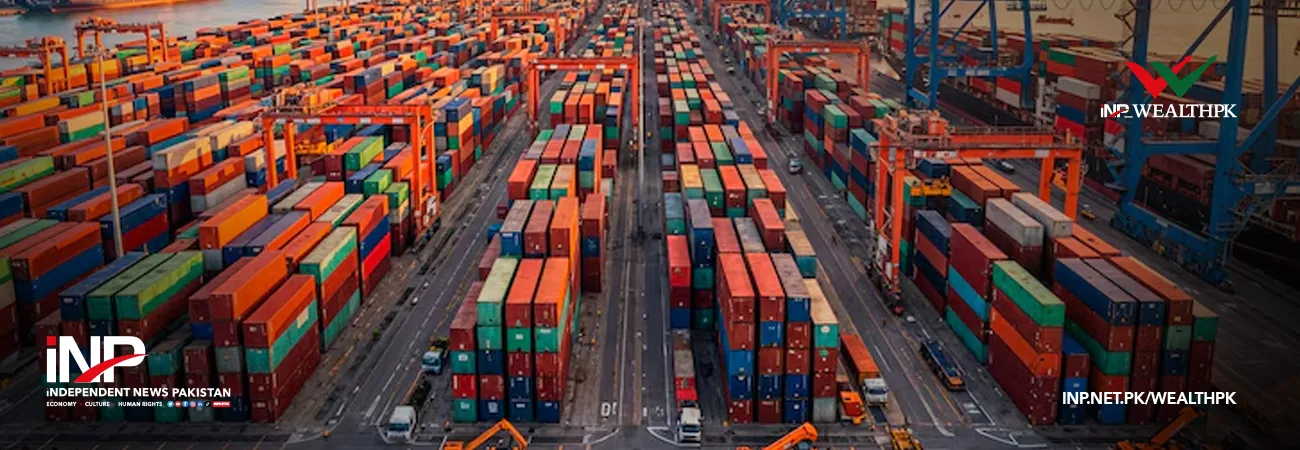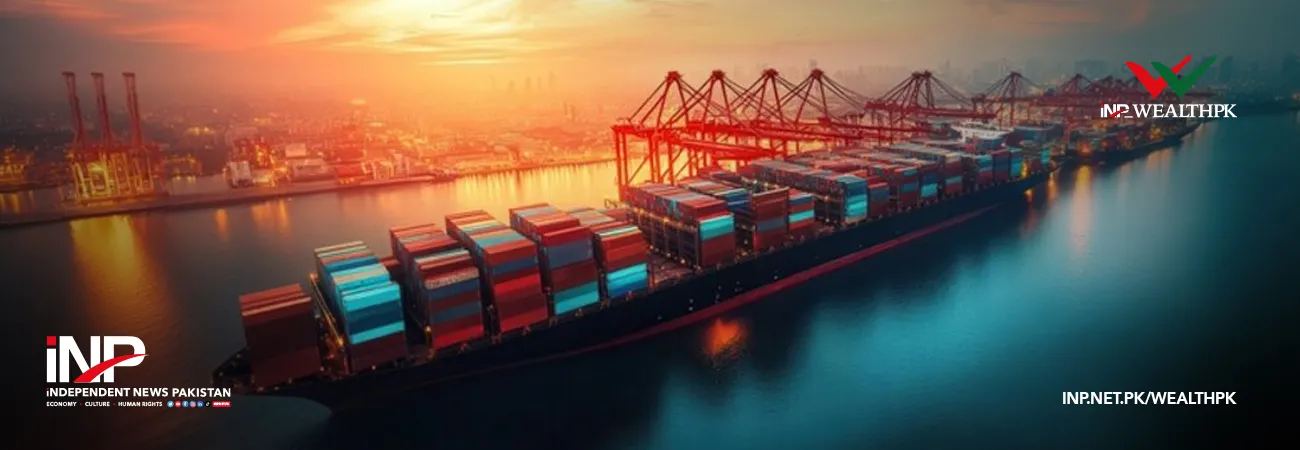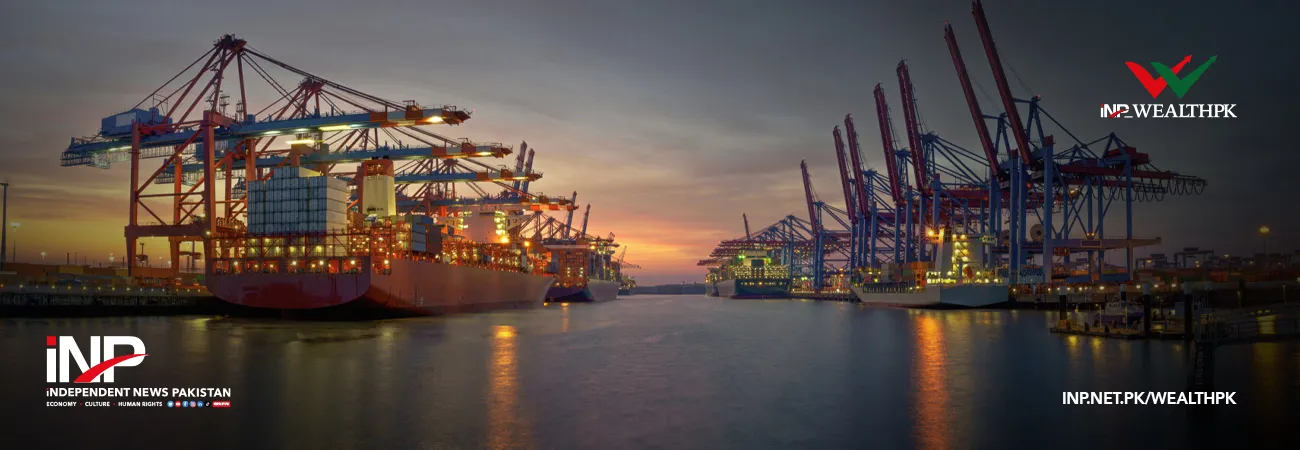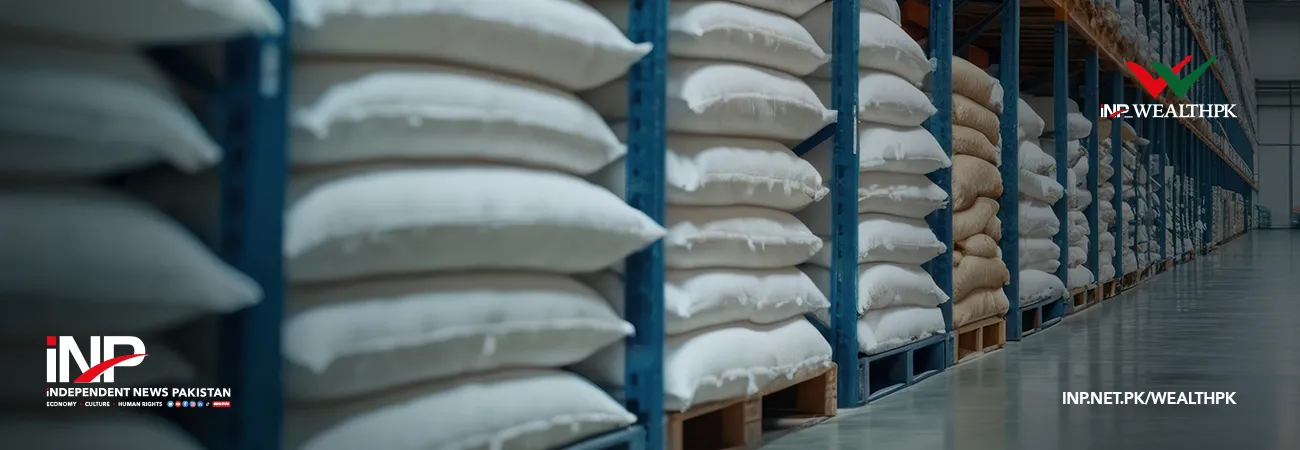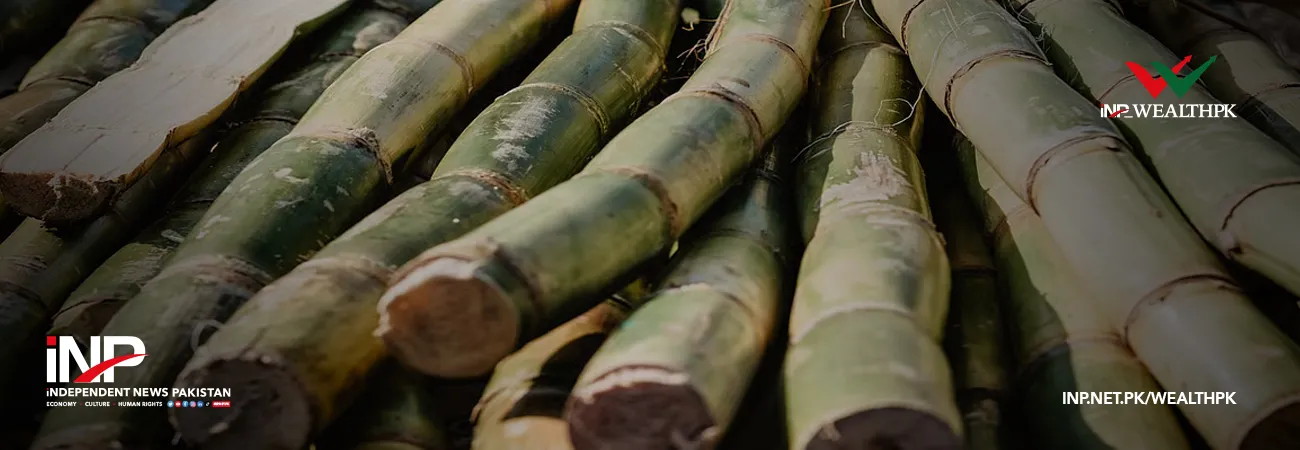INP-WealthPk
Amir Saeed
Pakistan’s digital economy is poised for growth, driven by the rise of tech startups

and e-commerce platforms. However, slow internet connectivity and difficulties in issuing letters of credit (LCs) are the major obstacles that must be addressed. Talking to WealthPK, Saad Muzaffar, CEO of Transworld Associates (TWA), said poor internet access is still a major problem. The country’s average internet speeds are considerably slower than many other nations. Poor connectivity hampers productivity, particularly for businesses that rely on fast, reliable internet to operate efficiently. “For tech startups and e-commerce platforms, slow internet not only affects internal operations but also impacts the client experience. Potential customers might give up their online shopping carts due to long loading times, resulting in reduced sales and stunted business growth.’’ He lamented that the digital divide is further aggravated by an inconsistent internet access in rural areas, where infrastructure is lacking. In a country where a significant portion of the population lives outside the urban centres, the disparity in connectivity hinders an inclusive economic development.
“As more people turn to digital platforms for education, healthcare, and commerce, the inability to access a reliable internet can further entrench the existing socioeconomic inequalities. This situation highlights the urgent need for investments in infrastructure to ensure an equitable access to high-speed internet across the country.’’ He suggested the government and relevant stakeholders to work together to address these challenges squarely. Investments in broadband infrastructure are essential to improve the internet speed and accessibility. Public-private partnerships would play a pivotal role in expanding connectivity, particularly in remote regions. Talking to WealthPK, Anees Amin, Chief Executive Officer (CEO) at TechScape Private Limited, said the inefficiencies related to the LCs are a major obstacle to the country’s digital economy, in addition to the connectivity problems. Letters of credit are crucial for facilitating international trade, providing an assurance of payment to exporters. He explained that the process for obtaining an LC is challenging filled with delays and bureaucratic red tape. For businesses that operate online and engage in cross-border transactions, these bottlenecks lead to lost opportunities and increased operational costs, deterring foreign investment and slowing down growth.
“Furthermore, the complicated procedures involved in the LC process may induce a sense of insecurity among the entrepreneurs. Startups could be at a disadvantage while dealing with prolonged LC approvals, as they often operate on thin margins and depend on rapid access to capital.’’ He lamented that this uncertainty might hinder innovation, as entrepreneurs might be reluctant to pursue ambitious projects or expand their range of goods or services, fearing the difficulties associated with international transactions. Streamlining the LC process is essential for fostering a more conducive environment for online businesses. He suggested that the government simplify the LC process through digitization and regulatory reforms to enable businesses to manage international trade more efficiently. These measures would not only enhance the competitiveness of local businesses but also draw in foreign investment and strengthen the overall economy.
Credit: INP-WealthPk




